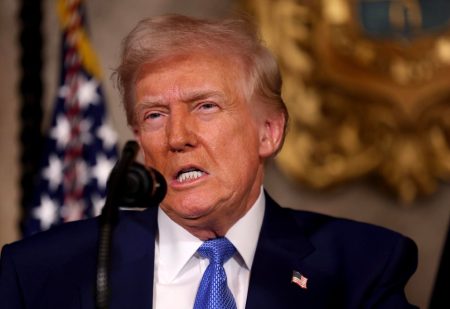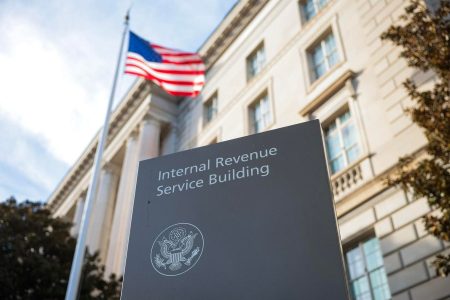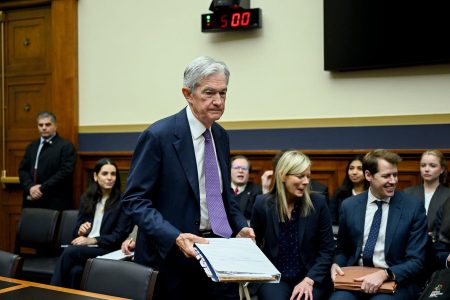The seamless integration of technology into our spending habits has undeniably revolutionized the way we transact. The ubiquity of online shopping and digital payment platforms like PayPal and Apple Pay offers unparalleled convenience, shrinking transaction times from minutes to mere seconds. While this ease undoubtedly streamlines our busy lives, it also subtly disconnects us from the tangible impact of spending. This disassociation, often referred to as the “pain of paying,” is a critical psychological mechanism that traditionally curbed excessive expenditure. With the click of a button or a tap of a phone, purchases are completed with minimal conscious awareness of the financial outflow. This frictionless experience, while beneficial in certain situations, can inadvertently encourage impulsive buying and hinder our ability to budget effectively.
Scientific research supports this observation. Studies have revealed that credit cards, by delaying the act of payment from the acquisition of goods, diminish the psychological discomfort associated with spending. This temporal separation can lead to a disconnect between cost and value, influencing purchasing decisions more significantly than price considerations. When coupled with the instantaneous nature of mobile payment platforms, this effect is amplified, potentially leading to a significant escalation in unplanned expenditures. The ease with which we can tap to pay, while rescuing us from occasional wallet mishaps, can also contribute to a steady drip of small purchases that accumulate unnoticed, undermining our financial goals.
A powerful strategy to counteract this insidious erosion of financial awareness is to temporarily disconnect from digital and plastic payment methods and return to the tangible act of paying with cash. Utilizing traditional budgeting methods like the envelope system, where allocated cash is physically divided into designated envelopes for specific expenses, reintroduces the “pain of paying” and fosters mindful spending. The physical act of pulling money from a designated envelope creates a visceral connection to the financial outflow, prompting careful consideration of purchase necessity and promoting a deeper appreciation for the value of money. This heightened awareness serves as a natural deterrent against impulsive purchases and encourages more conscious allocation of resources.
Embarking on a “digital spending cleanse” at the start of a new year, or any time one feels their spending habits spiraling out of control, can be a highly effective way to regain control over finances. This period of abstaining from digital and plastic payments can serve multiple purposes. Firstly, it cultivates mindfulness by forcing a conscious evaluation of every expenditure. This heightened awareness can reveal areas of unnecessary spending and pave the way for a more sustainable budget. Secondly, it promotes efficiency in shopping habits. By operating on a cash basis, individuals are incentivized to consolidate shopping trips and avoid the convenience-driven impulse to rely on delivery services. This encourages more thoughtful meal planning and resourceful utilization of existing pantry supplies.
Thirdly, a digital spending cleanse provides an opportunity to scrutinize and eliminate unnecessary automatic payments. While essential recurring bills should remain on auto-pay, this period allows for a thorough review of online banking statements to identify and cancel any superfluous subscriptions or memberships. The prevalence of enticing “free trial” offers often leads to unwanted recurring charges if not actively cancelled. This cleanse provides the perfect opportunity to unsubscribe from these services or, at the very least, negotiate for discounts to retain desired subscriptions. By regaining control over these recurring expenses, individuals can free up funds for more meaningful financial goals.
It is important to emphasize that the convenience offered by credit cards and digital payment methods is not inherently negative. In a fast-paced world, these tools are invaluable for saving time and streamlining transactions. The key lies in striking a balance between leveraging their convenience and maintaining a healthy awareness of spending habits. A temporary break from digital transactions, even for a month, can serve as a powerful reset, reintroducing the psychological brakes on spending and fostering more mindful financial decisions. This renewed awareness, coupled with the continued utilization of convenient digital tools, can empower individuals to make the most of their hard-earned money, achieving both convenience and financial responsibility.










